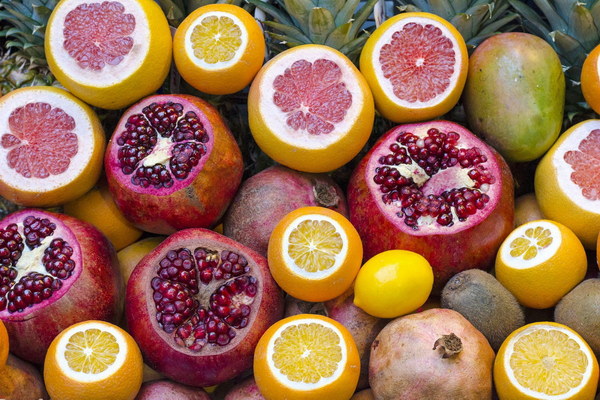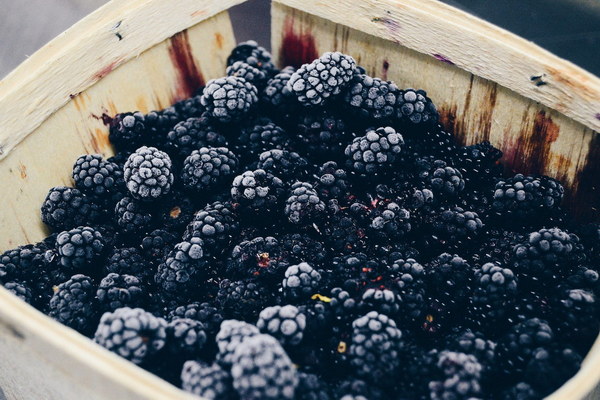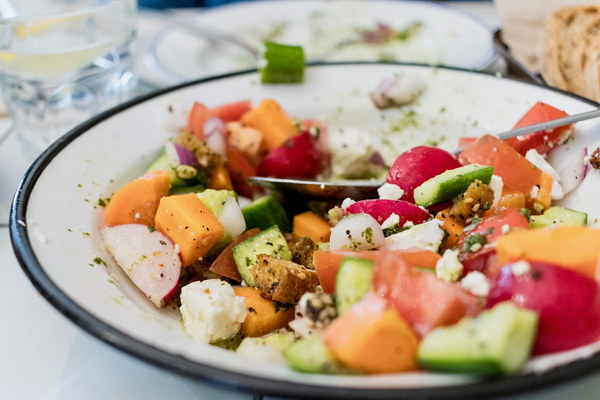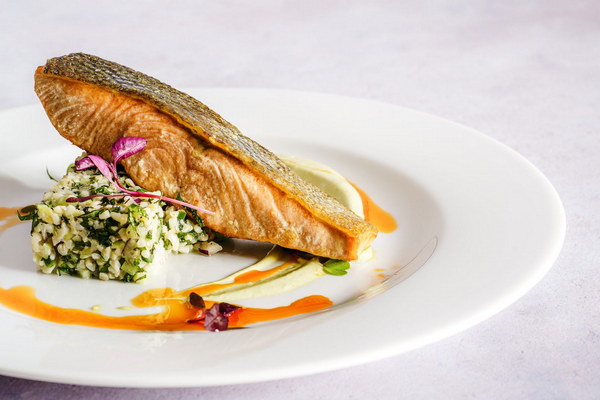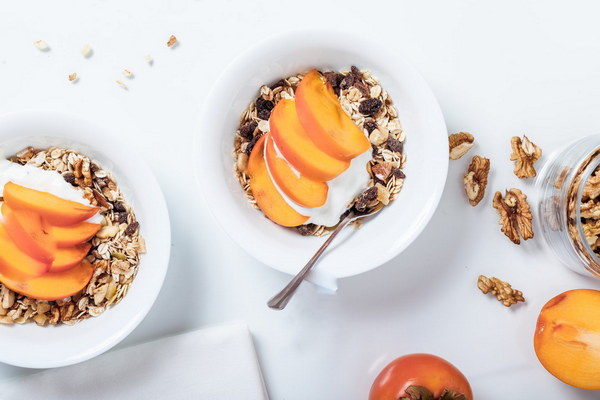Senior Citizens' Winter Nutrition How to Boost Immunity and Stay Healthy in the Cold Season
As the autumn leaves start to fall and the temperatures begin to drop, it's time for senior citizens to prepare their bodies for the harsh winter ahead. Winter is a season when the body's immune system is most vulnerable, and it's crucial for seniors to take extra precautions to stay healthy and energized. One effective way to do this is through proper nutrition. Here are some tips on how senior citizens can boost their immunity and maintain good health during the cold season.
1. Increase Intake of Warm, Nutritious Foods
During winter, it's important to consume warm, nutritious foods that can help maintain body temperature and provide essential nutrients. Incorporate hearty soups, stews, and porridge into your diet. These dishes are not only warming but also rich in vitamins, minerals, and antioxidants that can strengthen your immune system.
2. Emphasize Foods High in Vitamin C
Vitamin C is known for its immune-boosting properties and can help prevent colds and flu. Citrus fruits like oranges, lemons, and grapefruits are excellent sources of this vitamin. Add these fruits to your breakfast or snack on them throughout the day. Additionally, other vitamin C-rich foods such as strawberries, kiwis, bell peppers, and broccoli should be included in your diet.
3. Incorporate Foods Rich in Vitamin D
Vitamin D is essential for maintaining bone health and supporting the immune system. During the winter months, sunlight exposure is limited, making it challenging to obtain sufficient vitamin D. To compensate, include foods such as fatty fish (salmon, mackerel, and sardines), egg yolks, and fortified dairy products in your diet. If necessary, consult with your healthcare provider about vitamin D supplements.
4. Stay Hydrated
Drinking plenty of fluids is crucial, especially during the winter months when you may not feel as thirsty. Aim for at least eight glasses of water per day. Herbal teas and warm broths can also help keep you hydrated and provide additional health benefits.

5. Consume Foods High in Antioxidants
Antioxidants are substances that help protect your body against the damage caused by free radicals. Foods rich in antioxidants include berries, dark chocolate, nuts, and seeds. These foods can help reduce inflammation and support overall health.
6. Prioritize Protein-Rich Foods
Protein is essential for maintaining muscle mass and strength, which becomes more important as you age. Include lean proteins such as chicken, turkey, fish, tofu, and legumes in your diet. These foods also provide other essential nutrients like iron and zinc, which are important for immune function.
7. Avoid Processed Foods and Sugar
Processed foods and excessive sugar consumption can weaken your immune system and increase your risk of infections. Minimize your intake of these foods and opt for whole, unprocessed options instead.
8. Consult with a Healthcare Professional
Before making any significant changes to your diet, it's important to consult with a healthcare professional. They can provide personalized advice based on your specific health needs and any existing medical conditions.
In conclusion, maintaining a balanced diet rich in essential nutrients is vital for senior citizens to stay healthy during the winter season. By incorporating these tips into their daily routine, seniors can boost their immune system and reduce the risk of common winter illnesses. Remember, a healthy diet is just one aspect of maintaining overall well-being; staying active, getting enough sleep, and managing stress are also crucial.

